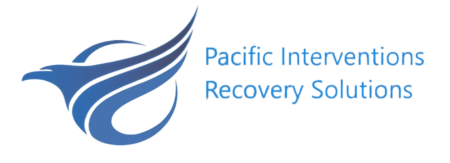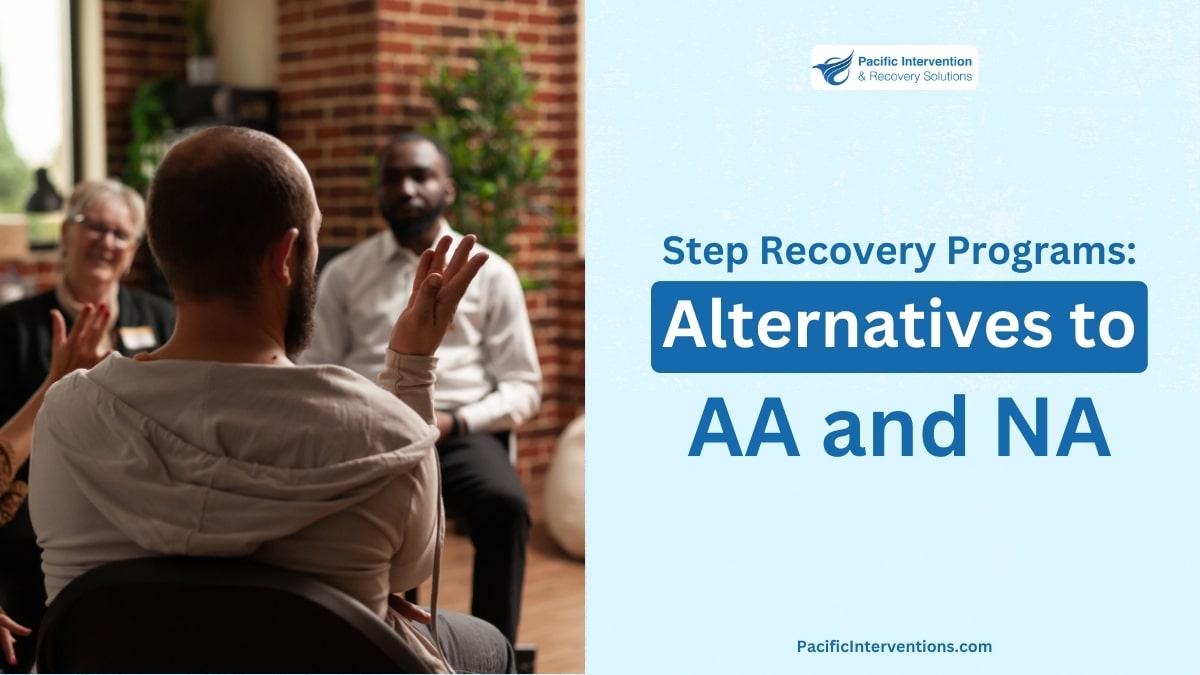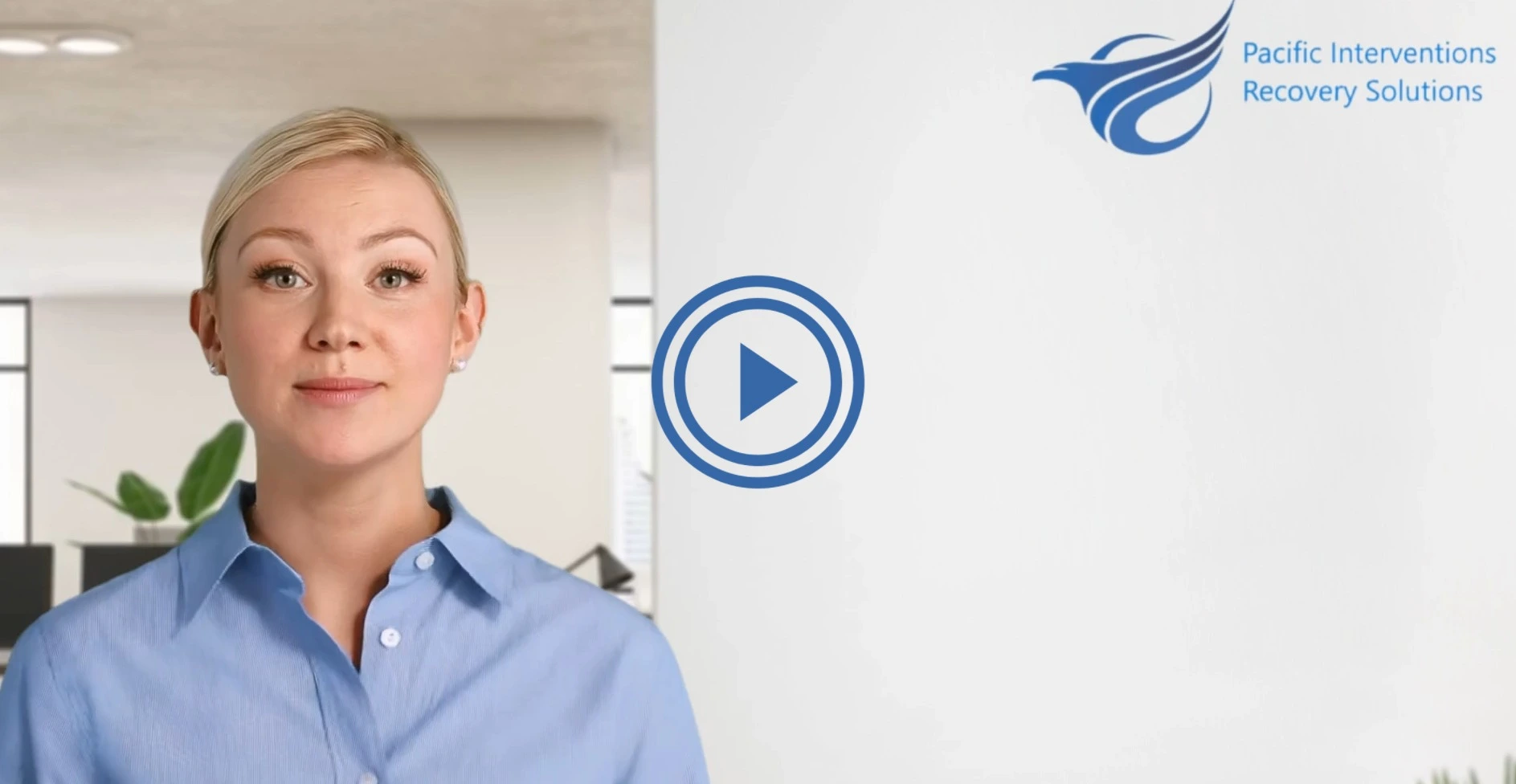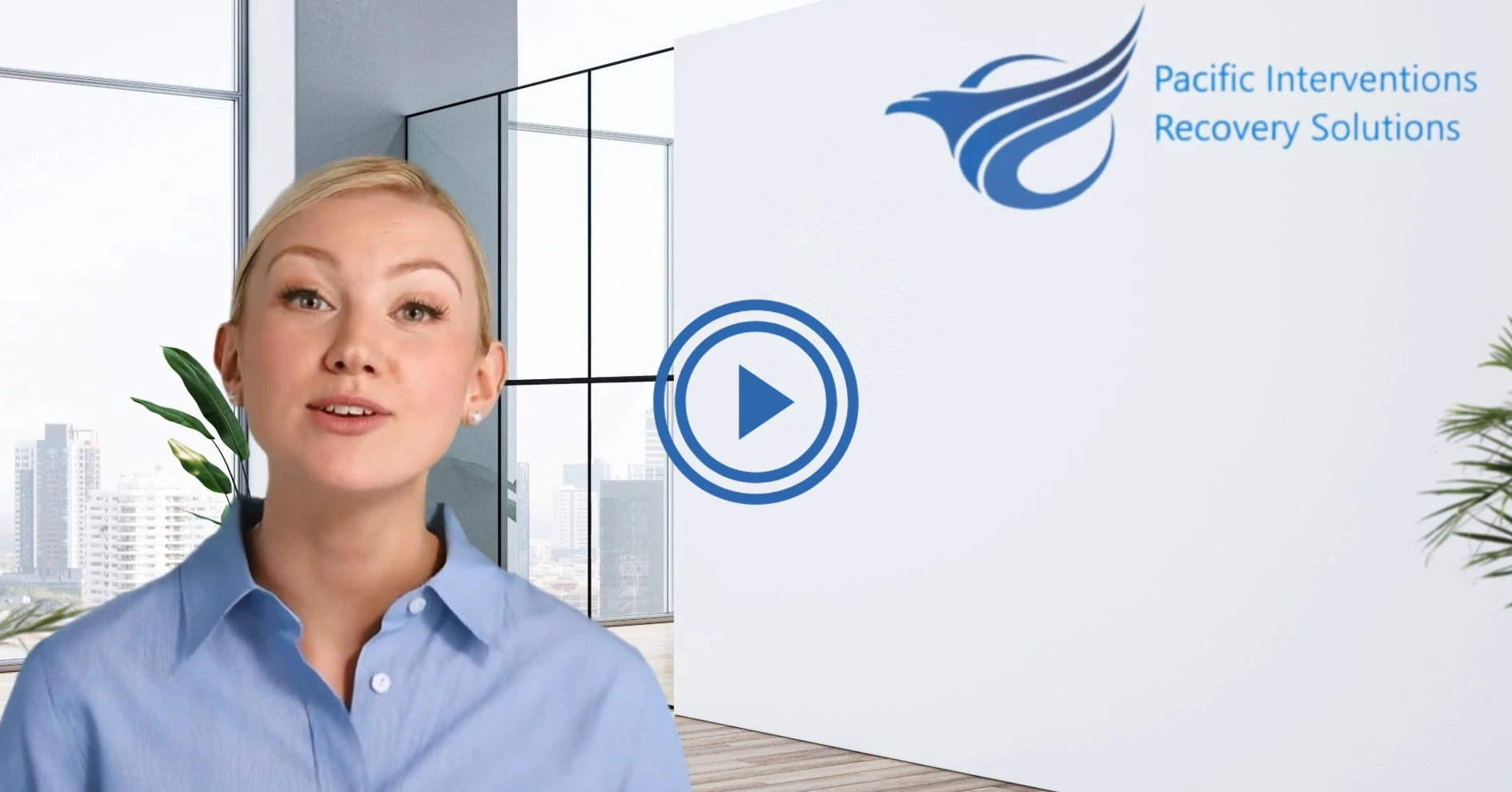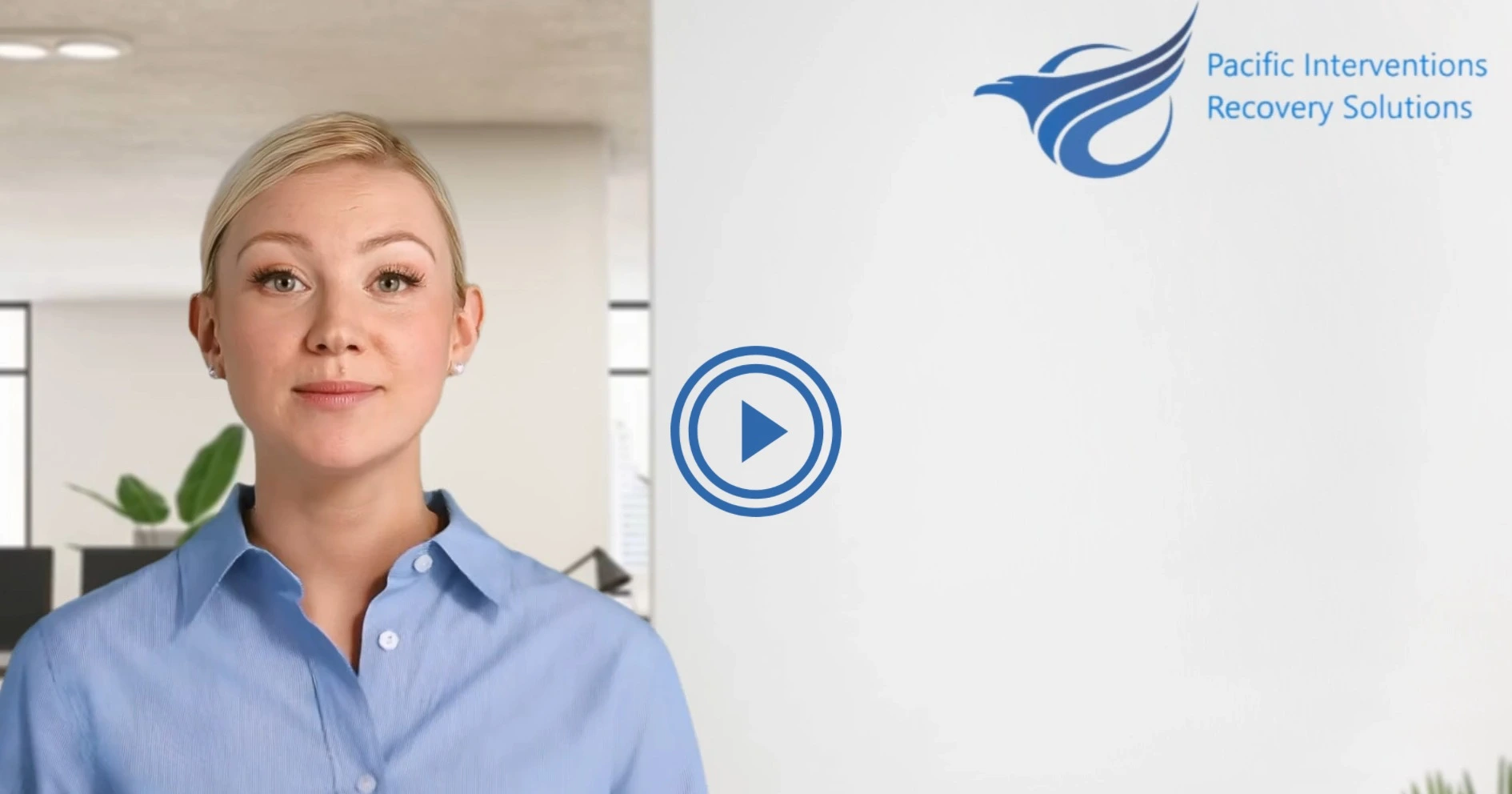Quitting addiction is a personal and difficult process and it must be done with great care. Fortunately, step recovery programs are becoming more common and popular. While Alcoholics Anonymous (AA) and Narcotics Anonymous (NA) are well-known, they are not the only ways accessible. Alternatives such as SMART Recovery give a science-based method for people seeking a path to sobriety.
So, what is SMART Recovery? How is it different from traditional 12-step programs? Why might it be the best option for people who want a more modern, scientific way to heal from addiction? All the answers are right here!
What Is SMART Recovery?
SMART Recovery stands for Self-Management and Recovery Training. It is a program that helps people who have behavioral or substance abuse problems. It shows people how to control their addictive behavior by getting them to pay attention to their thoughts and feelings. Smart Recovery helps people learn how to control their urges and needs forever.

How Does SMART Recovery Work?
Unlike 12-step programs, which suggest people admit they had no power over their addiction, SMART Recovery sees itself as a program that gives people power over their own lives. Trained volunteers help people look at their own habits to figure out what issues need the most attention.
As the next step, participants in the program will learn to depend on themselves to control their addictive habits. The SMART Recovery approach to skill development is based on ideas from cognitive behavioral therapy and motivational enhancement treatment. People learn these skills by following a 4-point plan.

The 4-Point Program
SMART Recovery’s 4-Point Program forms the foundation of its approach to treating addiction. Here’s a closer look at each point:
Managing Desires
Having a desire to return to drug use is an obvious and normal part of recovery. SMART Recovery teaches useful ways to control these cravings, such as noticing and re-framing negative thoughts, using techniques to keep yourself busy, and building a strong support system you can lean on when you feel tempted.
Getting Motivated and Staying Motivated
Quitting addiction requires a lot of motivation. SMART Recovery helps people figure out why they want to stop using drugs and tells them to keep their attention on those reasons. Within groups of cohorts, the participants learn how to stay motivated and dedicated to their goals with a number of exercises.
Controlling Behavior, Emotions, and Thoughts
Addiction usually comes from a loop of negative thoughts, emotions, and behaviors. This is where SMART Recovery comes in and shows how the thoughts can shape feelings and behaviors. Addicts can learn more adaptive responses to stressful situations by focusing on what really drives their addiction.
Finding Balance in Life
Recovery is more than just giving up drugs or alcohol. It is also about building a new and valuable life. Setting goals, keeping good relationships, and finding joy in activities are all centerpieces of SMART Recovery. This general method makes sure that people are not only drug-free but also doing well in every part of their lives.

How Is SMART Recovery Different from 12-Step Programs?
There are several key differences between SMART Recovery and traditional 12-step programs like AA and NA.
- Non-Spiritual Focus: One of the biggest differences is that individuals who join SMART Recovery don’t have to be religious or believe in a greater power. The program is built on scientific principles, which is a great fit for people who don’t connect with the spiritual parts of the 12-step model.
- No Labels: Individuals who join 12-step groups often call themselves “alcoholics” or “addicts.” However, SMART Recovery doesn’t use these labels. Instead of defining people by their addictions, the program pushes them to see themselves as people who are trying to make their lives better.
- Self-Empowerment: SMART Recovery encourages people to take control of their lives, while 12-step programs highlight giving up and realizing that they can’t control their problem. In fact, the new approach is based on the idea that individuals have the ability to change their behavior and make decisions that lead to a better life.
- Completing the Rehab: One key difference is that, unlike 12-step programs, SMART Recovery does not see rehabilitation as an ongoing, lifelong process. In this approach, people can ‘complete’ their recovery, reaching a point where they have full control over their lives and no longer feel the need to use drugs. Once they reach the final step, SMART participants are equipped with everything they need to stay sober independently.
- Flexibility: SMART Recovery is designed to be flexible and adaptable to the individual’s needs. There is no set number of steps or a specific timeline for recovery. Participants are encouraged to move through the program at their own pace so they can set goals and milestones that work best for them.
Should You Try SMART Recovery?
SMART Recovery’s main goal is to help individuals with all kinds of addictions. Apart from alcohol and drug abuse, it’s also good for people who have problems with other forms of addiction, like gambling or eating disorders. People who have more than one mental disorder, like depression, can also benefit from this advanced method. If you or someone you care about has tried 12-step programs without success, SMART Recovery could be a solid option to consider.
In Closing
As an alternative to more traditional 12-step programs, SMART Recovery is more modern, flexible, and based on science. People who don’t resonate with the spiritual aspects of other recovery programs may benefit from the focus on self-empowerment, rational thinking, and personal responsibility in this new methos.
Participants are able to regain control of their addiction and create a balanced, satisfying life thanks to the program’s emphasis on cognitive-behavioral therapy and its non-religious approach. If you or someone you care about struggles with addiction to drugs, behavioral difficulties, or both, SMART Recovery can help you find a personalized road to long-term sobriety.
FAQs
1. What is SMART Recovery?
SMART Recovery (Self-Management and Recovery Training) is a science-based program that helps individuals manage their addictive behaviors through self-empowerment and cognitive-behavioral techniques.
2. How is SMART Recovery different from AA and NA?
Unlike AA and NA, which are spiritual and rely on a higher power, SMART Recovery is secular and focuses on self-reliance and rational thinking in recovery.
3. What is the 4-Point Program in SMART Recovery?
The 4-Point Program includes managing desires, staying motivated, controlling thoughts and behaviors, and finding balance in life to support recovery from addiction.
4. Is SMART Recovery suitable for everyone?
Yes, SMART Recovery can benefit individuals dealing with various addictions, including substance use, gambling, or eating disorders, regardless of their background and beliefs.
